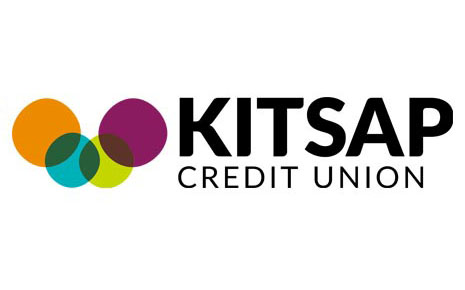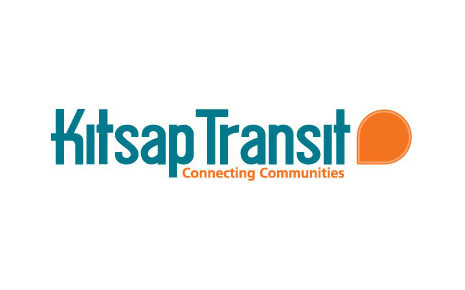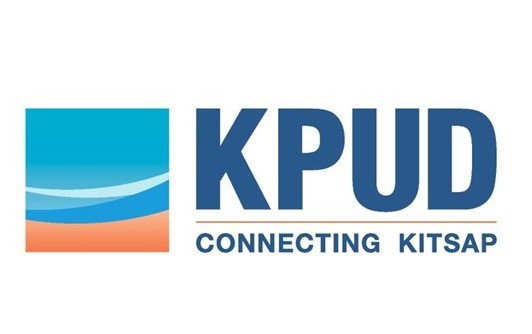Surviving Difficult Times in Government Contracting

12 Nov 2025
Government Contracting, Federal Shutdown
Learn how to prepare for and manage the impacts of government shutdowns, funding delays, and contract disruptions. Practical strategies to protect and sustain your business during difficult times.
In today’s uncertain contracting environment, small businesses face shifting budgets, delayed payments, and changing federal priorities. When financial pressures or government shutdowns occur, even the most experienced contractors can find their operations disrupted. This session offers practical strategies to navigate and sustain your business when times get tough.
The Impact of Government Shutdowns
Government shutdowns cause significant latency in contracts — delaying new awards, modifications, and payments, and halting work that requires access to government facilities or personnel. While some impacts are immediate, others can have long-lasting effects that extend well beyond the shutdown period.
Immediate impacts include:
- Stalled procurement: New contract awards, extensions, and modifications are halted, and no new solicitations are issued.
- Payment delays: Invoices submitted during a shutdown may not be processed or paid until the government reopens, creating cash flow challenges.
- Work suspension: Non-essential government services stop, halting contractor work that depends on access to federal facilities, inspections, or government personnel.
- Unavailability of staff: Contracting officers and other federal employees may be furloughed, leaving contractors without points of contact for approvals or guidance.
Longer-term impacts can include:
- Performance schedule disruption: Project timelines are often pushed back, requiring modifications to adjust schedules and costs.
- Contract modifications or termination: Some contracts may be suspended or even canceled due to lapses in funding.
- Issues upon reopening: Once operations resume, agencies face a surge of backlogged invoices and reissued
- Issues upon reopening: Once operations resume, agencies face a surge of backlogged invoices and reissued solicitations, often resulting in additional delays.
- Variable impact by contract type: Fully funded contracts performed off-site may be less affected than incrementally funded or IDIQ contracts that depend on annual appropriations.
How to Prepare and Mitigate Risk
Proactive preparation can help government contractors weather uncertainty and position themselves for faster recovery once conditions stabilize.
Steps to take include:
- Assess your contracts: Determine which are most vulnerable to shutdowns or funding lapses and identify necessary actions.
- Communicate with contracting officers: Maintain open communication to understand contract status and agency-specific guidance.
- Document everything: Keep records of all communications, actions, and costs associated with delays — these details are critical if seeking recovery of costs later.
- Plan for the aftermath: Expect potential schedule changes, cost adjustments, and a surge in work once the government reopens.

Learn Strategies to Navigate Uncertainty
Join Mary Jo Juarez for Surviving Difficult Times: Government Contracting Strategies, a free online session hosted by the WA APEX Accelerator in partnership with the Kitsap Economic Development Alliance (KEDA).
📅 Thursday, November 20 | 2–3:30 PM
💻 Register: kitsapeda.me/Difficult
Participants will learn how to manage cash flow, maintain compliance, strengthen client relationships, and prepare for recovery when the market stabilizes. Whether you’re responding to a government shutdown or adapting to broader economic pressures, this discussion will help you plan ahead, protect your business, and stay resilient through change.
More Topics

















.png)

.png)




.png)


